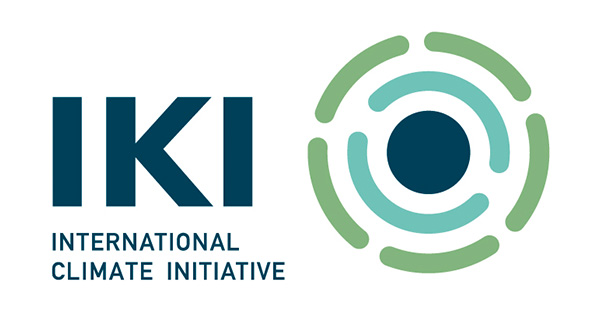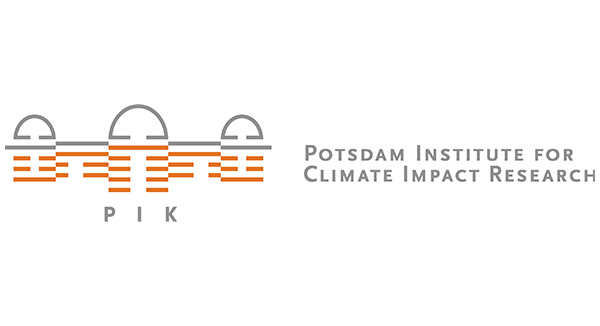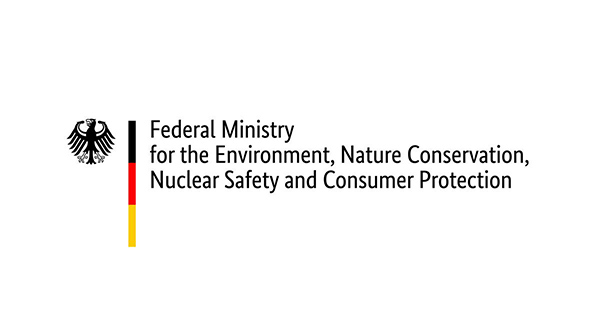Strengthening Resilience Against Climate Change Workshop
February 9 - 10, 2023
The Brazil East Africa Peru India Climate Capacities (B-EPICC) Project is part of the International Climate Initiative (IKI) of the German Federal Ministry for Economic Affairs and Climate Action (BMWK), implemented by the Federal Foreign Office (AA). The Potsdam Institute for Climate Impact Research (PIK) has been leading the execution of the project together with project partner The Energy and Resources Institute (TERI).The overarching goal of this project has been to strengthen resilience against disruptive weather phenomena and climate change impacts at regional, national, and local levels in five partner countries:Brazil, Ethiopia, India, Peru, and Tanzania. This project has been an opportunity for the partner countries to reduce the gap between climate research and its application in policy, business, and societal decisions,particularly regarding agriculture, biodiversity, hydrology, and water resources, as well as migration.
The B-EPICC project workshop was conducted on 9-10th February, 2023 at Magnolia Hall, India Habitat Centre, New Delhi on the theme ‘Strengthening Resilience Against Climate Change’. The event was initiated with welcome address by Dr Vibha Dhawan, Director General, TERI followed by the inaugural address by Dr Mrityunjay Mohapatra, Director General, India Meteorological Department. The workshop saw active participation of students, academicians, policy makers, practitioners and professionals from the corporate sector. A total of 75 people attended the workshop over two days of which 32 were women. The workshop was divided into panel discussions on the topic ‘Forecasting monsoon onset and withdrawal & Regional climate sensitivity’, ‘Climate and Agriculture’, ‘Building Climate Capacities and Resilience in India’, ‘Climate Change and Migration’ and ‘Capacity Building and Visualization’. Each of the sessions were followed by an active discussion with the audience which led to several insights on building climate resilience. The workshop concluded by acknowledging the existing gaps in building climate resilience, opportunities, way forward and emphasised the need for effective climate communication.
Key topics covered in the lectures
Monsoon Forecast & Regional Climate Sensitivity
- Forecasting Monsoon for Central India and Delhi - Evidence from Observations by Prof. Elena Surovyatkina, Senior Scientist, PIK
- District Level Heavy Rainfall Forecasting over India using a Multi Model Ensemble Tool by Dr D. R. Pattanaik, Scientist-F, IMD
- Seamless Modelling for Weather and Climate by Dr Ashis Kumar Mitra, Former Director, National Centre for Medium Range Weather Forecasting (NCMRWF)
- Climate Services towards Resilient Development by Mr Saurabh Bhardwaj, Associate Director, CRISIL
Climate and Agriculture
- Climatic Risk Mapping & Management using Geospatial technology by Dr Vinay Kumar Sehgal, Principal Scientist, Indian Agricultural Research Institute
- Supporting Crop Insurance by Providing High-Resolution Near-real-time Yield Information and Understanding Changes in Climatic Risks for Smallholder Farmers in India. By Dr Stephanie Gleixner, Researcher, PIK & Dr Roopam Shukla, Assistant Professor, IIT Roorkee.
- Impact of Climate Variability on Agricultural Production and Price Seasonality by Dr Girish Kumar Jha, Principal Scientist, Indian Agricultural Research Institute
- Need for Capacity Building for Climate-Resilient Agriculture by Ms Vidhu Kapur, Associate Fellow, TERI
Climate Change and Migration
- Global Lessons and Insights about Climate Mobility by Dr Fanny Thornton, Project Lead, B-EPICC Project, PIK
- ’We are still here”: Climate Change and Immobility in Highly Mobile Himalayan Communities. By Ms Himani Upadhyay, Researcher, PIK
- Nature, Homo Sapiens and Migration in Mountaneous regions of Uttarakhand by Dr Pankaj Tewari, Executive Director, Aarohi
- Report Showcase: Locked Houses, Fallow Lands: Climate Change and Migration in Uttarakhand by Mr Santosh Kumar Muriki, Area Convener & Associate Fellow, TERI & Ms Himani Upadhyay, Researcher, PIK
Climate Communication and Visualization
- Building Climate-Resilient Futures in India: The Way Forward by Ms Mechthild Becker, Knowledge Broker, B-EPICC Project, PIK
- Climate Data Visualization of Indian Climate with Climate Impacts Online by Dr Thomas Nocke, Computer Scientist and Computer Graphics Researcher, PIK
- Climate communication by Ms Aarti Khosla, Founder & Director- Climate Trends
Contact Details
Associate Fellow and Area Convener
Centre for Climate Modelling
Earth Science and Climate Change
Email: santoshkumar.muriki@teri.res.in
Associate Fellow
Centre for Climate Modelling
Earth Science and Climate Change
Email: k.venkatramana@teri.res.in



